Fusion: A Moment of Grace
March 18, 2022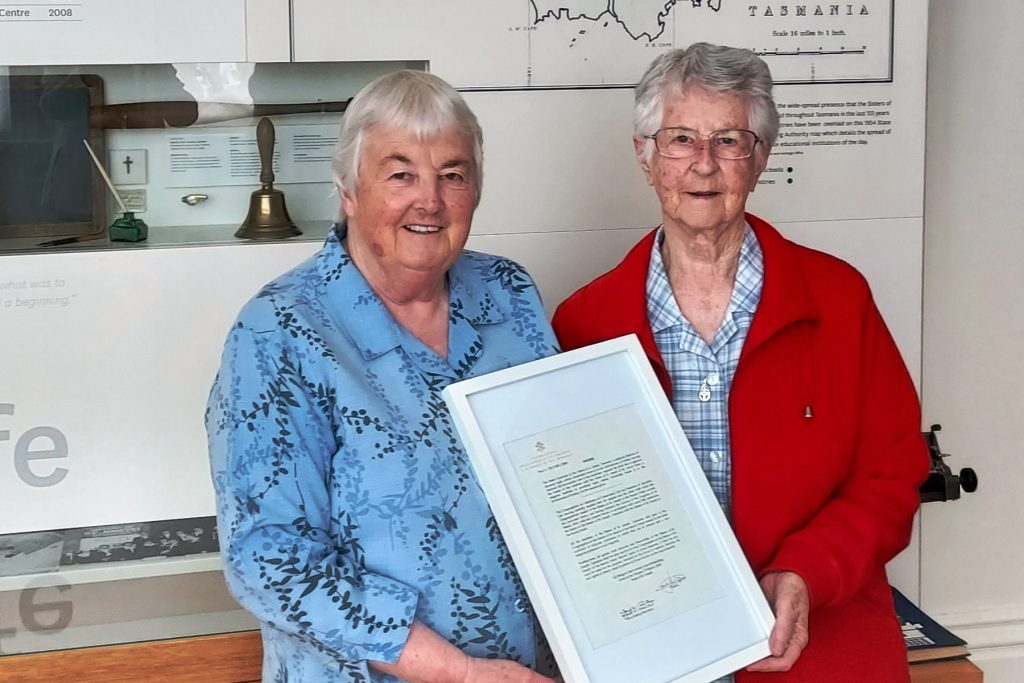
On 19 March 2012, the Sisters of Saint Joseph, Tasmania, received authorisation from the Vatican for fusion with the Sisters of Saint Joseph of the Sacred Heart.
“Fusion” is a scientific term to describe the coming together of two atoms to create something new and, in the process, releasing a huge burst of energy. The energy of our sun is the result of this process of nuclear fusion.
St Patrick’s Day – A Reflection
March 17, 2022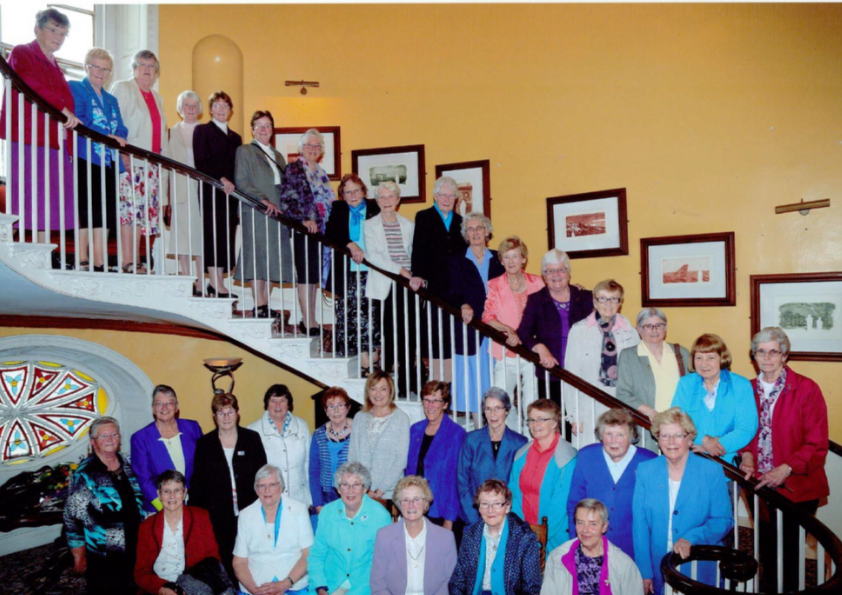
This St Patrick’s Day (17 March) we celebrate the Irish Sisters of Saint Joseph who have been part of the story of the Congregation since its beginnings.
As early as 1871 there were 78 Irish Sisters in the group of 137 Josephites. Some of these Irish women immigrated to Australia with their families and others travelled alone.
Who was St Patrick?
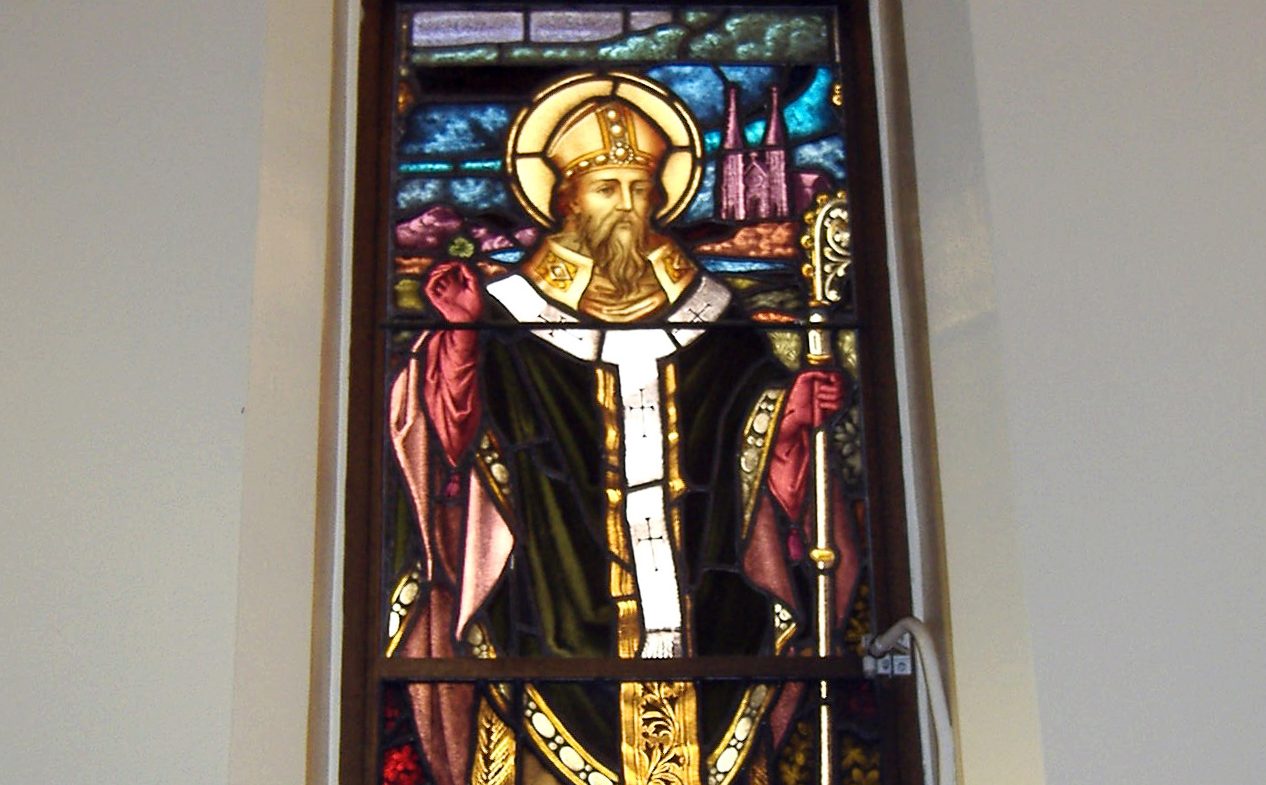
Ireland has many saints, the stories of whom have come down to us from tradition, often wrapped in legend and myth, but Patrick is different; he tells his own story.
His brief autobiography, written in old age, begins with an introduction: My name is Patrick and goes on to recount how at 16 he was captured, taken hostage and sold to a Druid in the north of Ireland, how he worked there for six years as a herdsman exposed to all weathers and conditions and how he prayed, “up to a hundred times a day” and the same at night. He tells of a dream that prompted him to journey 200 miles to the coast where, miraculously, a ship was waiting and he found passage back to Britain and his family.
A woman ahead of her time
March 8, 2022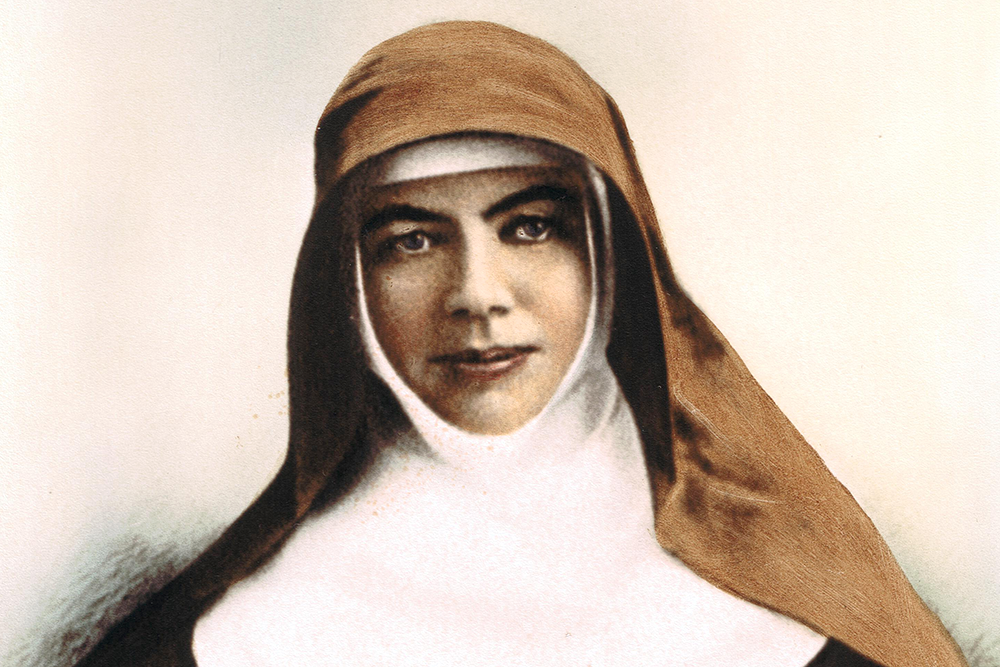
Celebrating International Women’s Day (8 March) is a great impetus for women around the globe to creatively and courageously encourage further, the growing surge for progress in the tussle for recognition and equality.
A Prayer for those affected by the floods
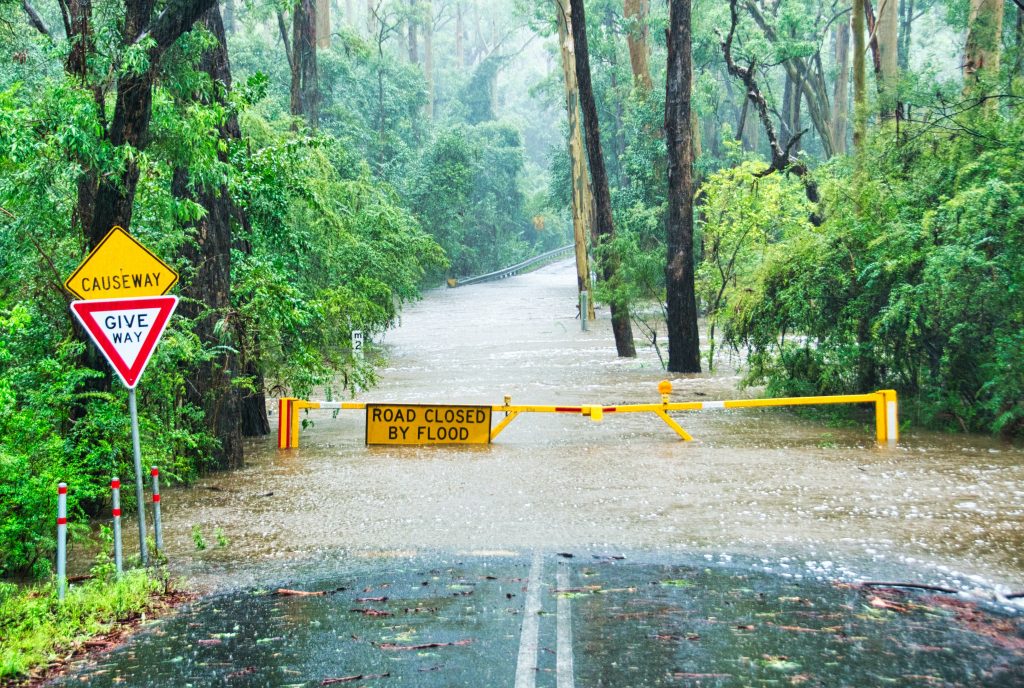
At this time, we hold in our minds and hearts all those affected by the floods and pouring rain.
Our hearts go out to those whose homes, possessions and businesses have been destroyed or damaged by floods in Queensland and New South Wales.
Being a Josephite Woman in the 21st Century
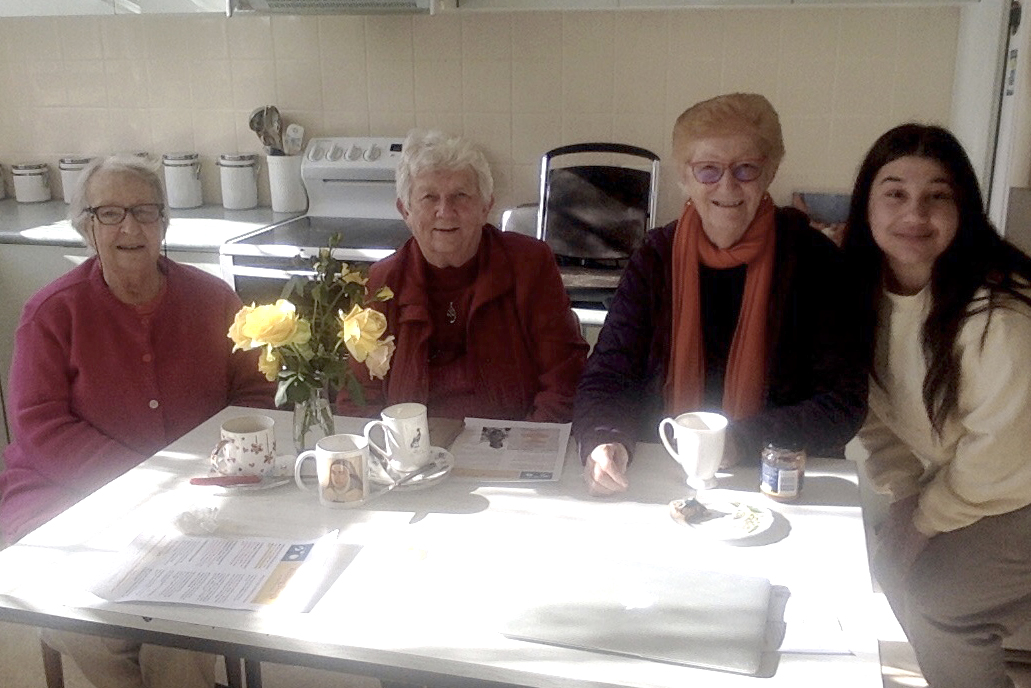
Assuming the role of a 21st century woman is daunting yet liberating. This year’s theme for International Women’s Day, Gender equality today for a sustainable tomorrow, encapsulates the exciting prospect of a green and just future, whilst alluding to challenges ahead in addressing such entrenched inequalities and gaps.
We stand in solidarity with the people of Ukraine
February 28, 2022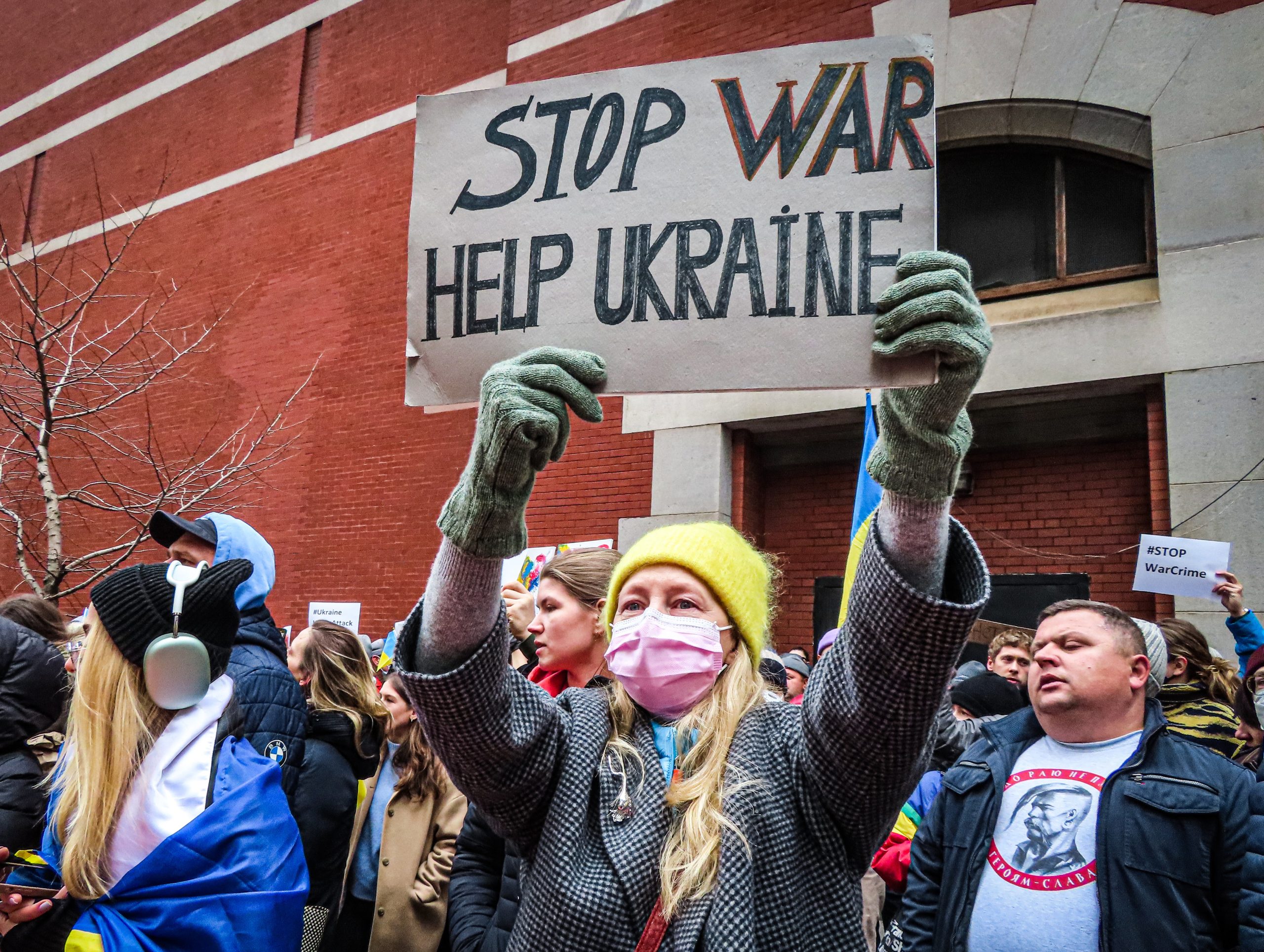
With the drums of war beating across Ukraine and indeed across the world, and the reminders of Nazism in the support of “Yes men and women”, both in Russia and in democracies in recession, we are once again struck by the courage of those standing for justice, peace, integrity and truth, even at the cost of life and freedom.
Lent: A Path of Blessing
February 23, 2022
a fresh new taste of God.
American poet, Ann Weems, invites us to view Lent as “time… to let the power of our faith story take hold of us”.
Years of “immersing ourselves more consciously in the evolving mysteries of the universe”,[1] and absorbing scientific findings of our origins, have expanded minds and hearts. We embrace God as radical Mystery.
What might motivate us today to embark on a forty-day journey of introspection and resolution, hopefully to the glory of the great Christ event Easter!
